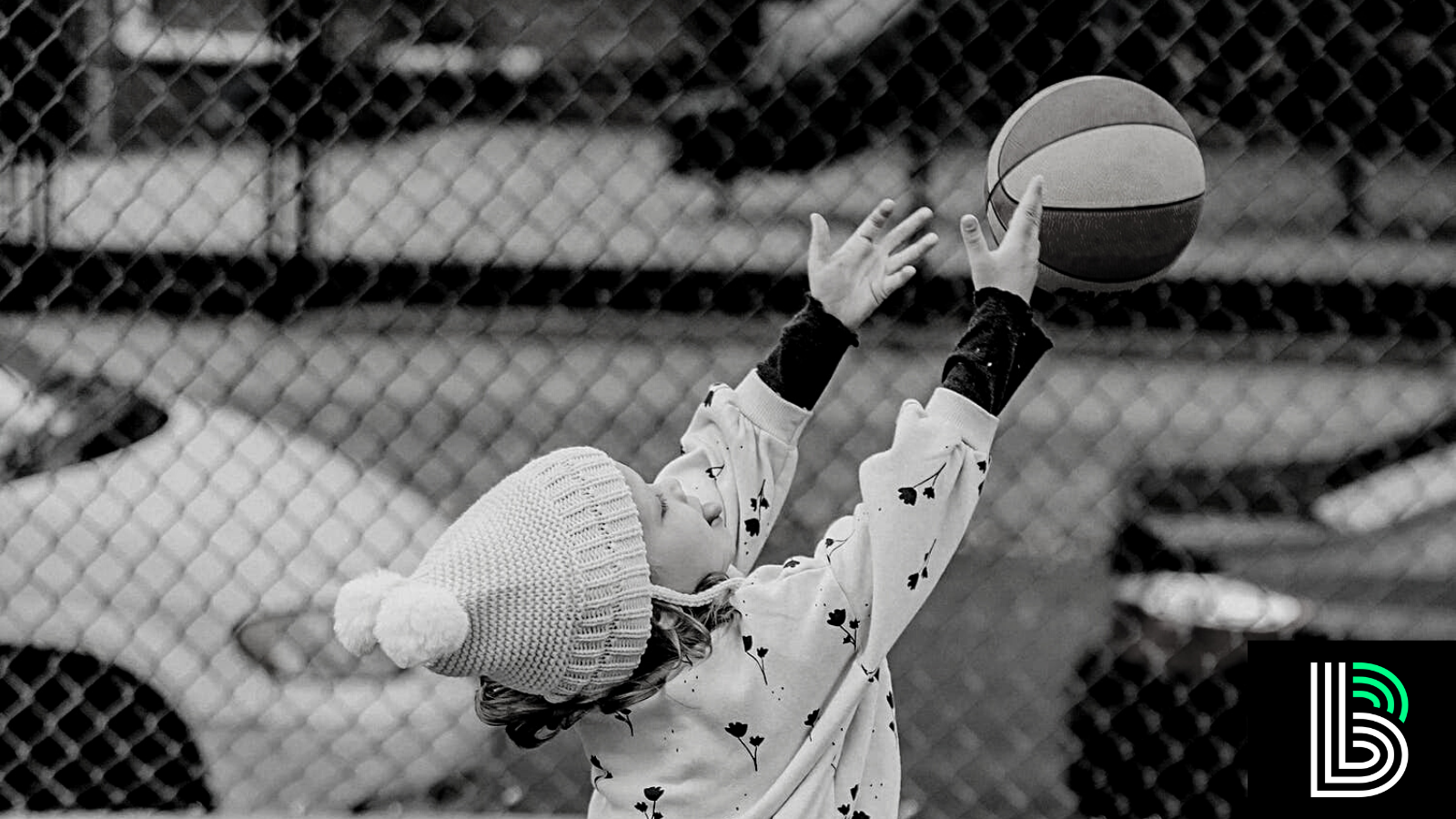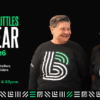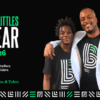
We have learned that positive and negative experiences during childhood can shape and reshape the brain. Research suggests more exposure to chronic stress creates more neuron connections in the brain that lead to fear, anxiety, and poor impulse control, and fewer neural pathways are made in brain regions that impact reasoning, planning, and behavior control. The good news is a supportive adult can be an essential factor in building new neural pathways to prevent or reverse the effects of childhood trauma. Here are five everyday gestures cited in Changing Minds Now that act as protective factors against trauma:
1. Celebrate – compliment and applaud a child’s efforts. When we celebrate a child’s achievements and challenges (big and small), we support the development of their self-identity and remind them of their value, competence, and lovability.
2. Comfort – be patient and stay calm with children. To comfort is a gesture of making one feel safe and secure. Show compassion, provide reassurance, and demonstrate a commitment to consistently being there for a child without judgment.
3. Listen – show interest in a child’s passions. If you actively listen to kids, you can help them feel safe and valued. Listening attentively shows you care and that their thoughts matter. Whether children share happiness, sadness, anger, or fear, having someone listen to them without judgment is critical. Help children identify their feelings, connect words to experiences, and learn healthy strategies to problem solve and cope.
4. Collaborate – ask children their opinion. You can help teach collaboration and problem solving by modeling those behaviors, helping children build trust. Encourage kids to express their views and ask for help when needed.
5. Inspire – explore new ideas. You can help inspire and build resiliency by identifying a child’s strengths and natural talents and exposing them to new opportunities.
Watch “Changing Minds: Science of Childhood Trauma” for more information on the science of trauma to a child’s brain and the five healing gestures.
Want to be a supportive adult for a child in our community? Become a volunteer mentor and empower a child to reach their fullest potential with just a few hours each month. Attend a Virtual Big Orientation & Training to get started and learn about Big Brothers Big Sisters mentoring programs.






